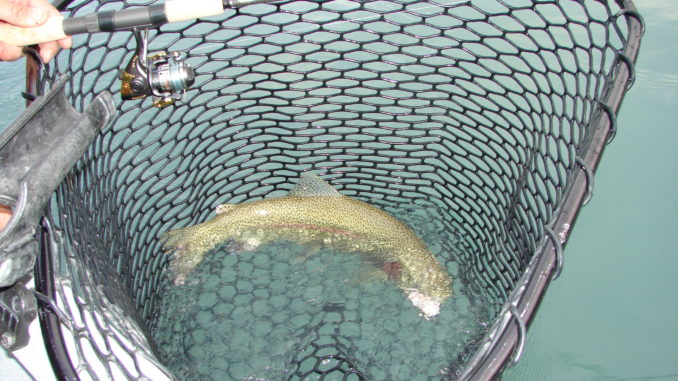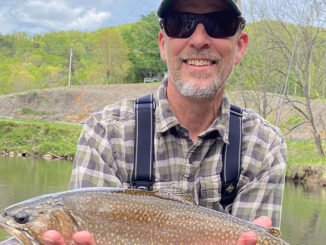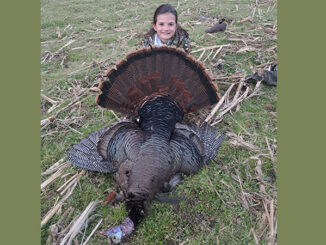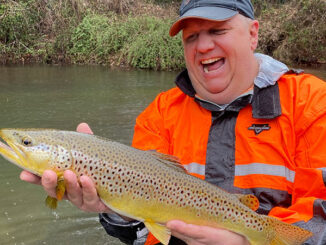
Because of continued drought conditions in western North Carolina, the N.C. Wildlife Resources Commission will reduce the number of trout scheduled for stocking in delayed-harvest trout waters in October.
The lack of rainfall has significantly reduced available habitat so that Commission biologists will reduce stocking rates by up to 50 percent on individual streams.
The stocking reductions are temporary measures to ensure that the fish stocked with be able to survive while providing catch-and-release fishing opportunities until conditions improve.
“We have been carefully monitoring water levels and aquatic habitat in delayed-harvest waters over the last eight weeks and have decided to reduce the number of trout stocked until conditions improve and available habitat increases,” said Kyle Briggs, fish production supervisor. “We try to match our stocking rates to the habitat conditions in individual streams.
“Because stream levels are extremely low right now, it makes sense for us to adjust trout stockings accordingly.”
When western North Carolina gets some much-needed rain and stream flows improve, biologists will stock 213,000 fish — 85,195 brook trout, 42,610 brown trout and 85,195 rainbow trout — as originally planned.
On Oct. 1, delayed-harvest regulations go into effect for 18 designated trout streams. Under delayed-harvest regulations, no fish can be harvested or possessed from these waters between Oct. 1, 2007 and one half-hour after sunset on June 6, 2008. No natural bait is allowed, and anglers can fish only with single-hook, artificial lures.
Anglers fishing delayed-harvest streams are encouraged to handle fish carefully prior to release to ensure their survival.
For more information on trout waters or fishing in public, inland waters, visit the Commission’s Web site, www.ncwildlife.org, or call the Division of Inland Fisheries, (919) 707-0220.




Be the first to comment